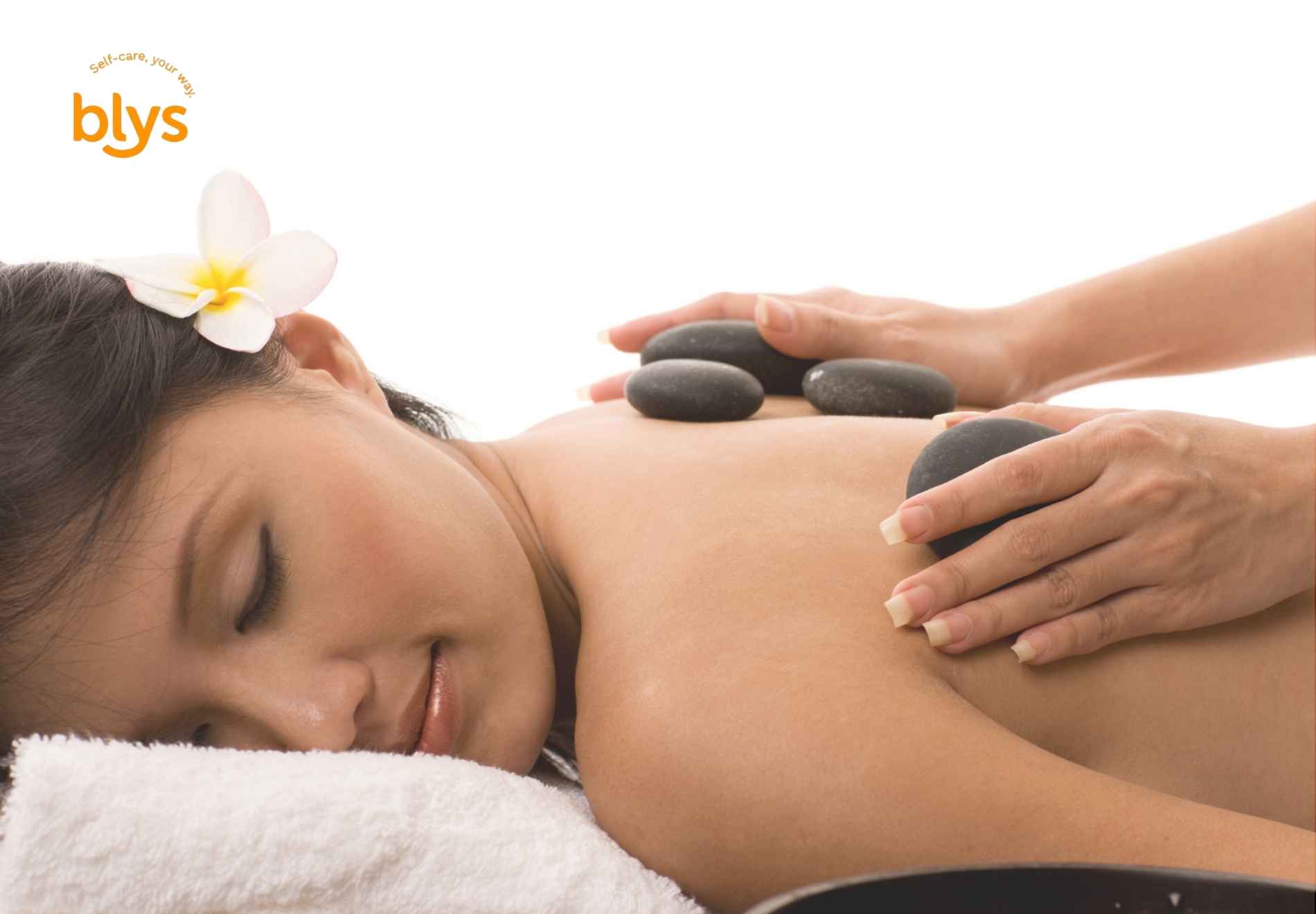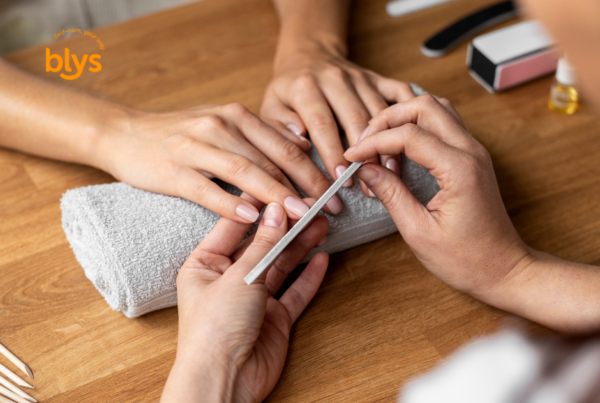
Hot stone massage is a widely recognized therapeutic technique that uses heated stones to promote relaxation, reduce muscle tension, and improve circulation. However, not all stones are the same. The type of stones used in massage therapy plays a significant role in their effectiveness.
For a comprehensive guide to hot stone massage, visit our hot stone massage guide.
In this guide, we’ll explore the different types of hot stones used in massage, their benefits, and how they enhance the overall experience.
Why Are Hot Stones Used in Massage?
Hot stones retain heat and gradually release it into the muscles, allowing for deep relaxation and improved circulation. The warmth helps to:
- Loosen tight muscles without excessive pressure
- Reduce stress and anxiety by stimulating the parasympathetic nervous system
- Enhance blood flow to speed up recovery and relieve pain
- Promote lymphatic drainage, aiding detoxification
Types of Hot Stones Used in Massage
1. Basalt Stones (Most Commonly Used)
- Origin: Volcanic rock, naturally smooth from river or ocean water
- Benefits: Retains heat exceptionally well, ideal for deep muscle relaxation
- Best For: General hot stone massage, stress relief, pain reduction
2. Marble Stones (Used for Contrast Therapy)
- Origin: Metamorphic rock, often sourced from Italy or Greece
- Benefits: Used for cool therapy, helps reduce inflammation and tight muscles
- Best For: Combining hot and cold therapy, reducing swelling
3. Jade Stones (Known for Energy Balancing)
- Origin: Semi-precious stone, historically used in Chinese medicine
- Benefits: Believed to have detoxifying and balancing properties
- Best For: Traditional healing treatments, energy alignment, relaxation
4. Himalayan Salt Stones (Rich in Minerals)
- Origin: Hand-carved from natural Himalayan salt deposits
- Benefits: Naturally antimicrobial, rich in minerals that nourish the skin
- Best For: Exfoliation, relaxation, reducing inflammation
5. River Stones (Smooth and Naturally Shaped)
- Origin: Found in riverbeds, polished naturally over time
- Benefits: Retains heat well, easy to handle, provides a grounding effect
- Best For: Traditional hot stone massage, grounding techniques
Want to explore how hot stone massage has evolved over time? Read our history of hot stone massage guide to discover its ancient origins and cultural significance.
How Different Stones Enhance Massage Techniques
Basalt vs. Jade Stones: Which One Is Better?
| Feature | Basalt Stones | Jade Stones |
| Heat Retention | Excellent, holds heat longer | Good, but loses heat faster |
| Healing Properties | Muscle relaxation, circulation boost | Energy balancing, detoxifying |
| Massage Type | Deep relaxation, muscle relief | Holistic healing, stress reduction |
If you’re interested in learning about the broader benefits of hot stone massage, check out our hot stone massage benefits guide.
How to Choose the Right Stones for Massage
Factors to Consider:
- Massage Type: Are you looking for deep muscle relief or relaxation?
- Heat Retention: Basalt stones hold heat the longest, making them the best choice for extended use.
- Texture & Shape: Smooth, rounded stones work best for gliding strokes, while smaller stones can target pressure points.
- Skin Sensitivity: Himalayan salt stones provide added mineral benefits but may feel rougher than traditional basalt stones.
Final Thoughts
The right type of hot stone can enhance the overall massage experience, providing a range of benefits from deep muscle relaxation to energy healing.
Want to experience the benefits for yourself? Book a professional mobile hot stone massage with Blys and enjoy a customized session tailored to your needs.




